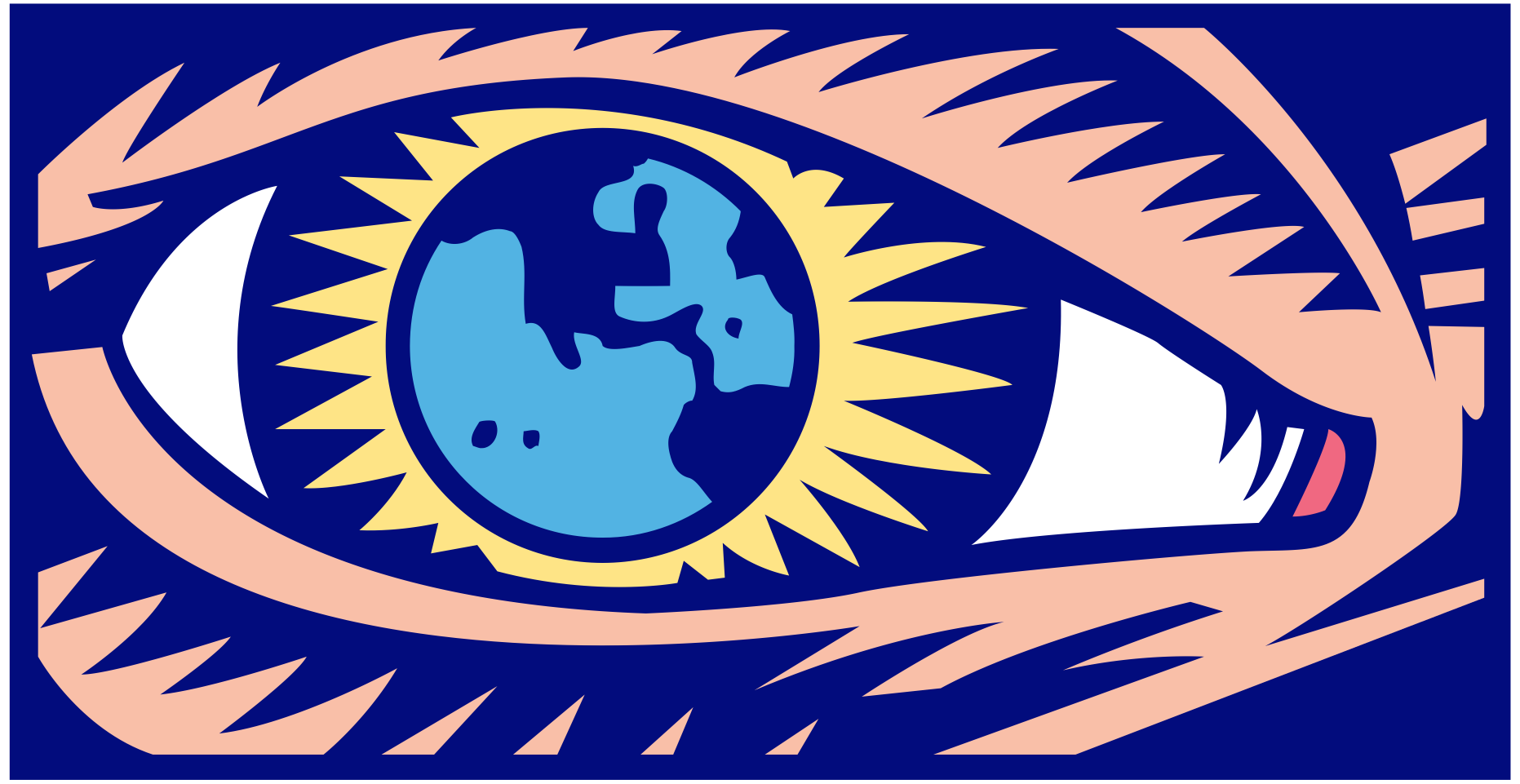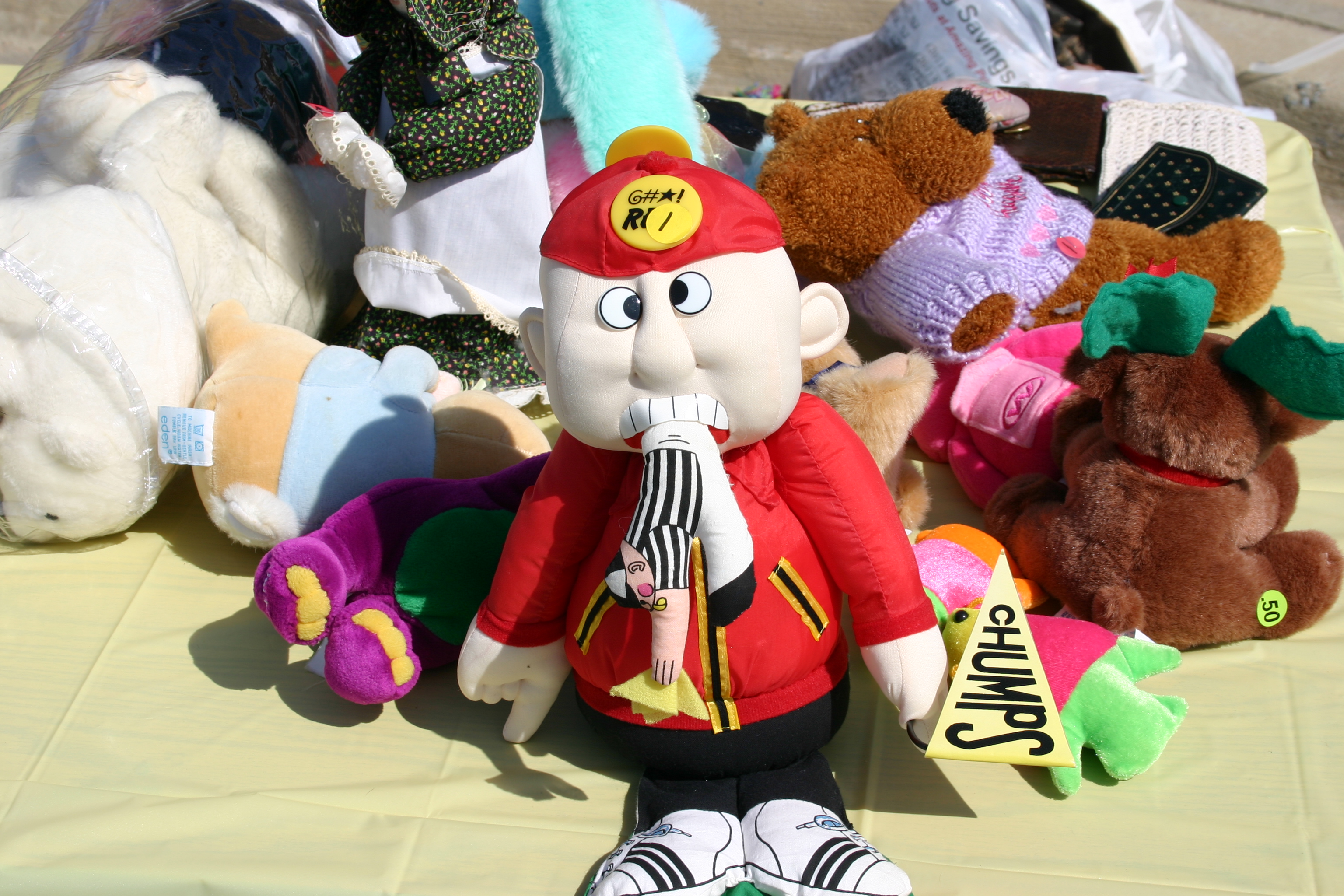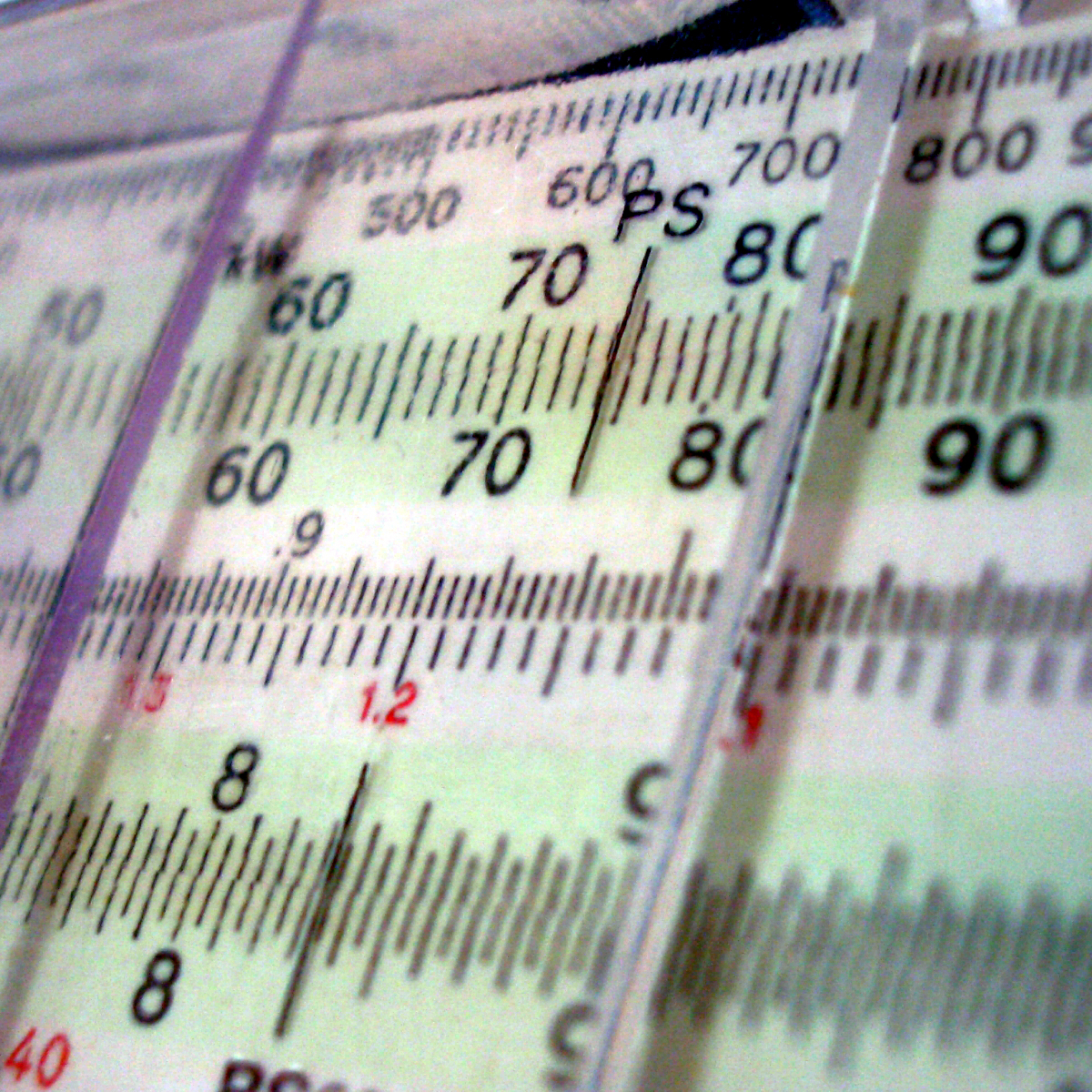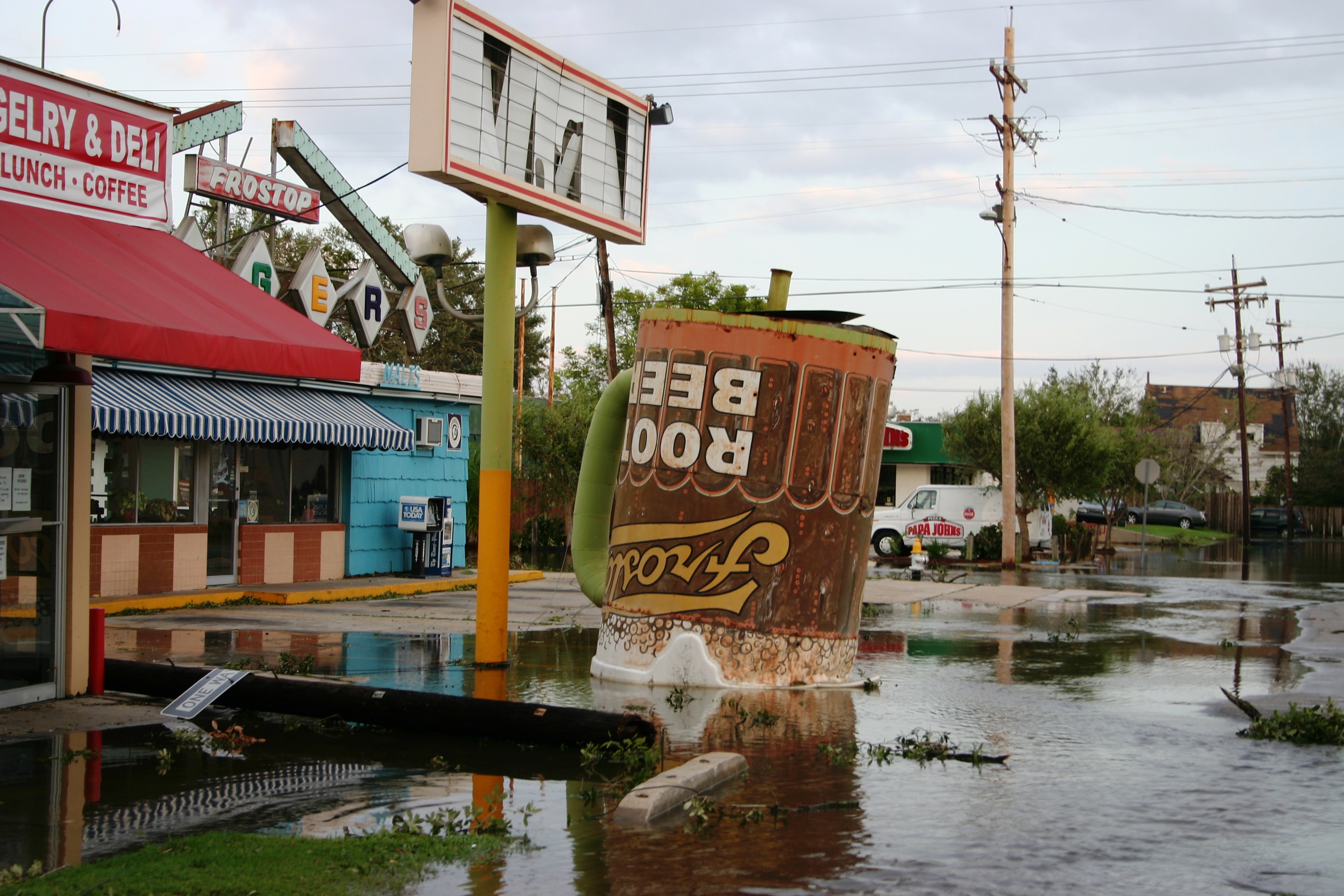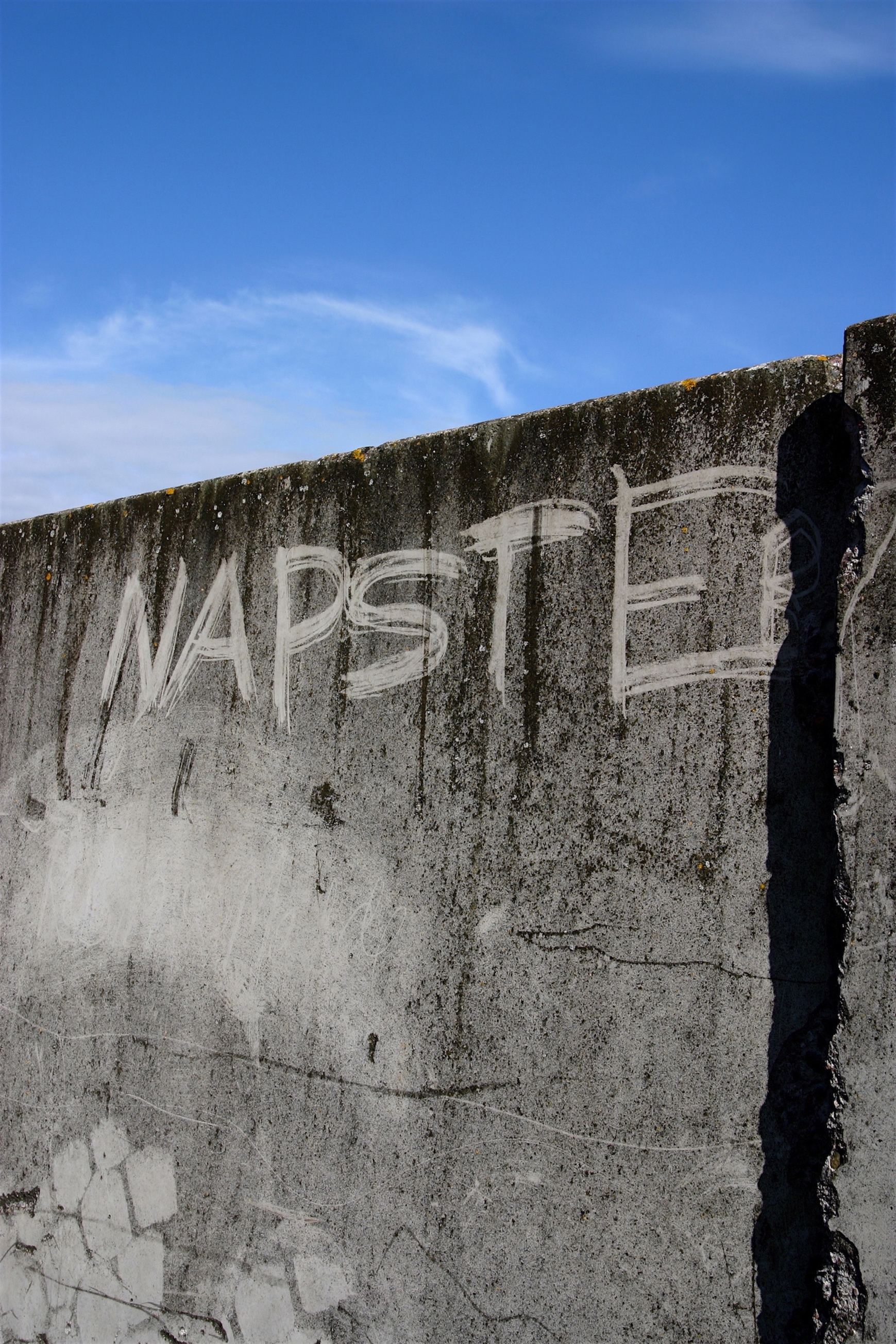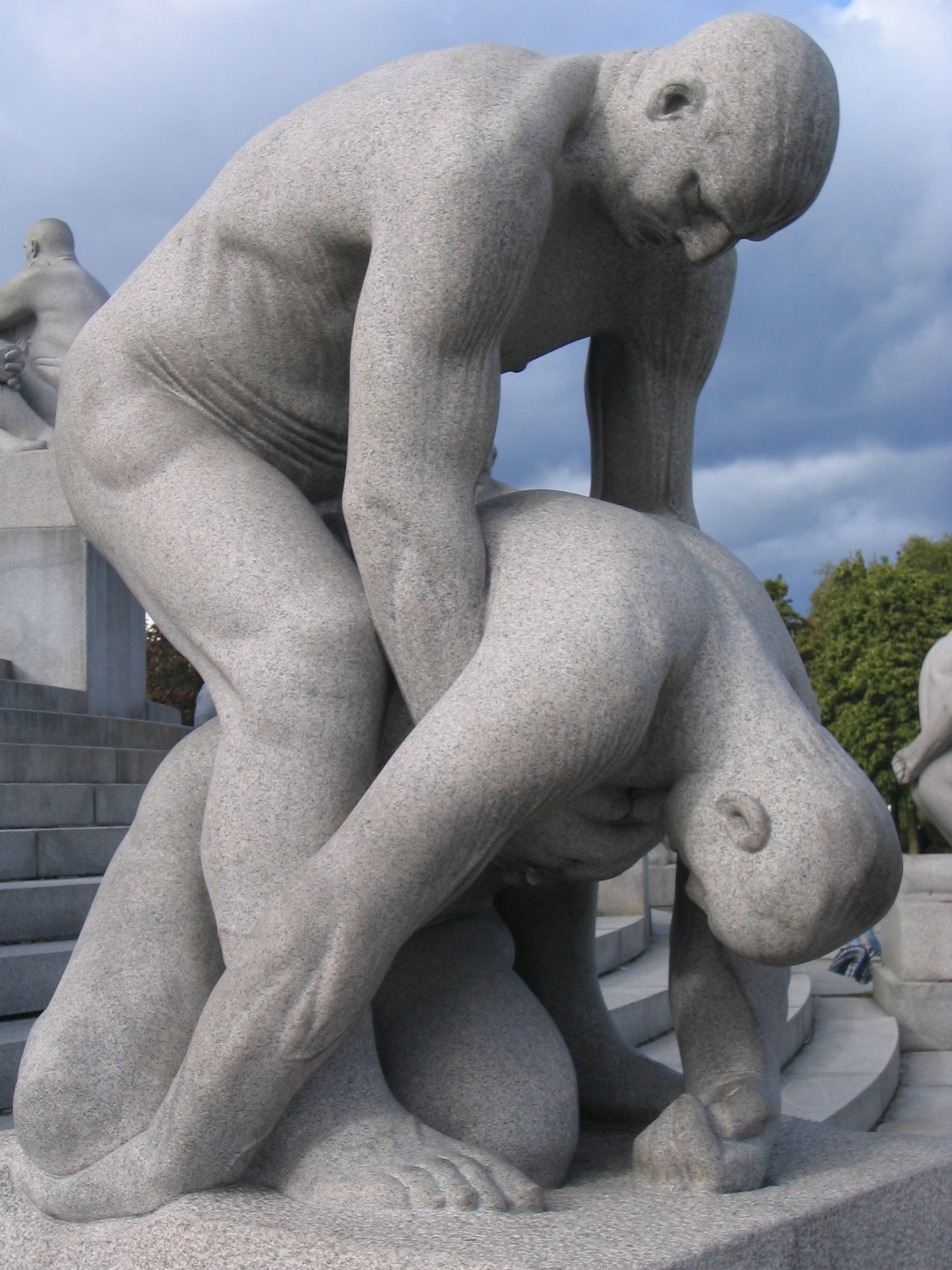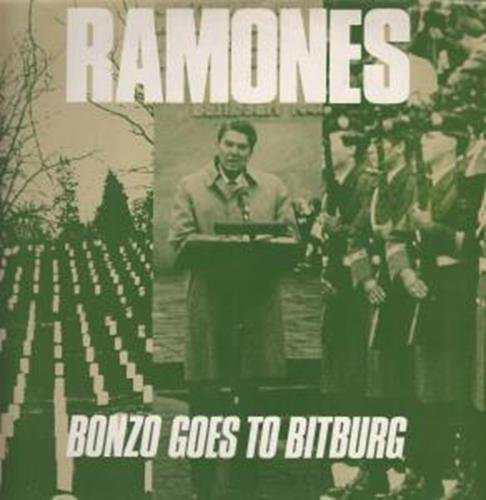Yesterday’s SouthCoastToday.com story about a student’s investigation by the Department of Homeland Security is breath stopping. Apparently, the “senior at UMass Dartmouth was visited by federal agents two months ago, after he requested a copy of Mao Tse-Tung’s tome on Communism called The Little Red Book“. I have to admit that Mao’s communist manifesto wouldn’t be on my reading list, but like this kid I probably would want it for research on a college paper about communism.
Cold War is over, right? The war on terror is against Muslim extremists. Right? Last I checked, Muslim extremism doesn’t have much in common with atheistic communism. So why is a kid filling out a university library book request on communism, “leaving his name, address, phone number, and Social Security number” getting “visited at his parents’ home in New Bedford by two agents of the Department of Homeland Security?” And I have to ask: The Feds are monitoring library book requests now?
